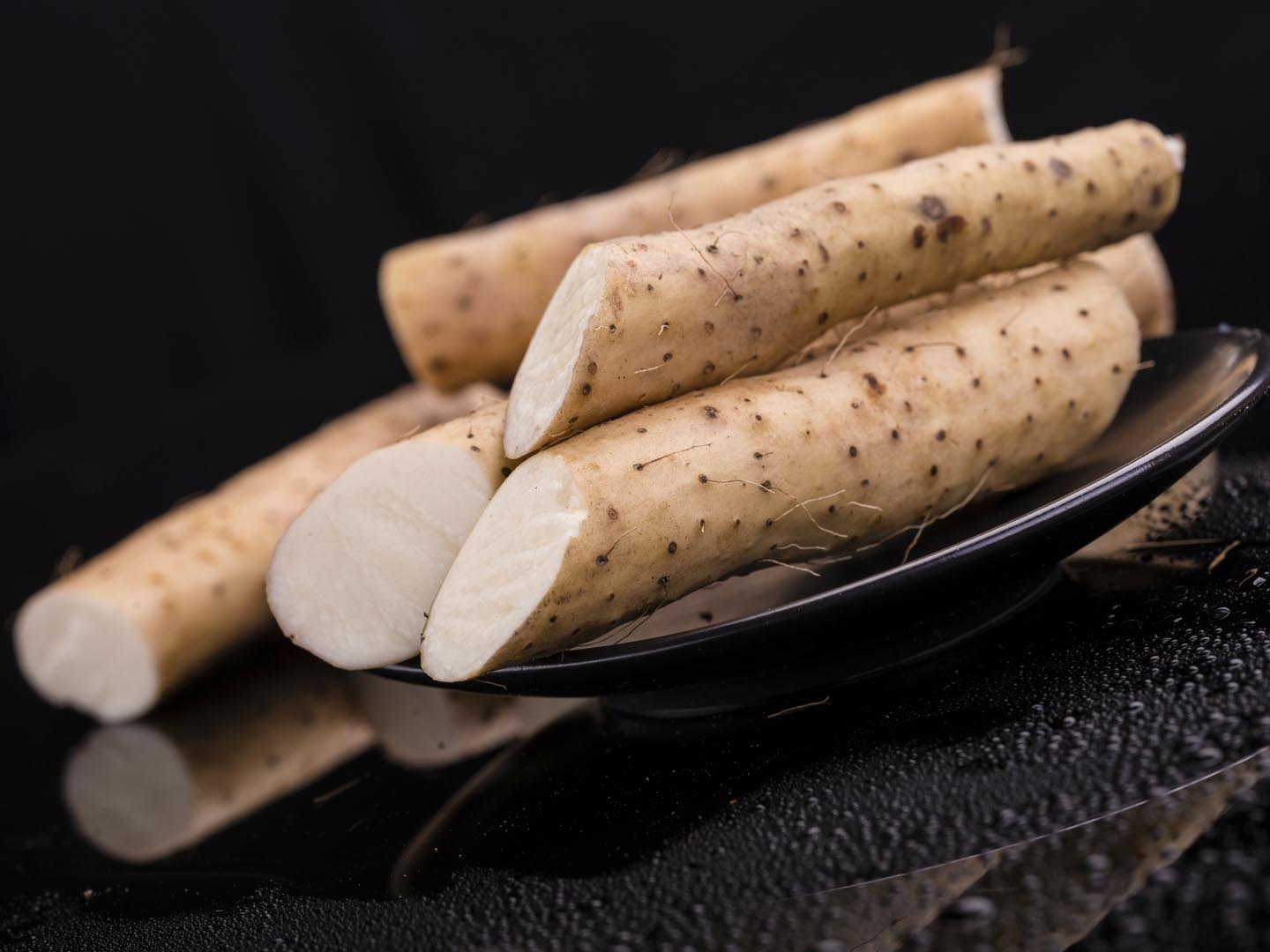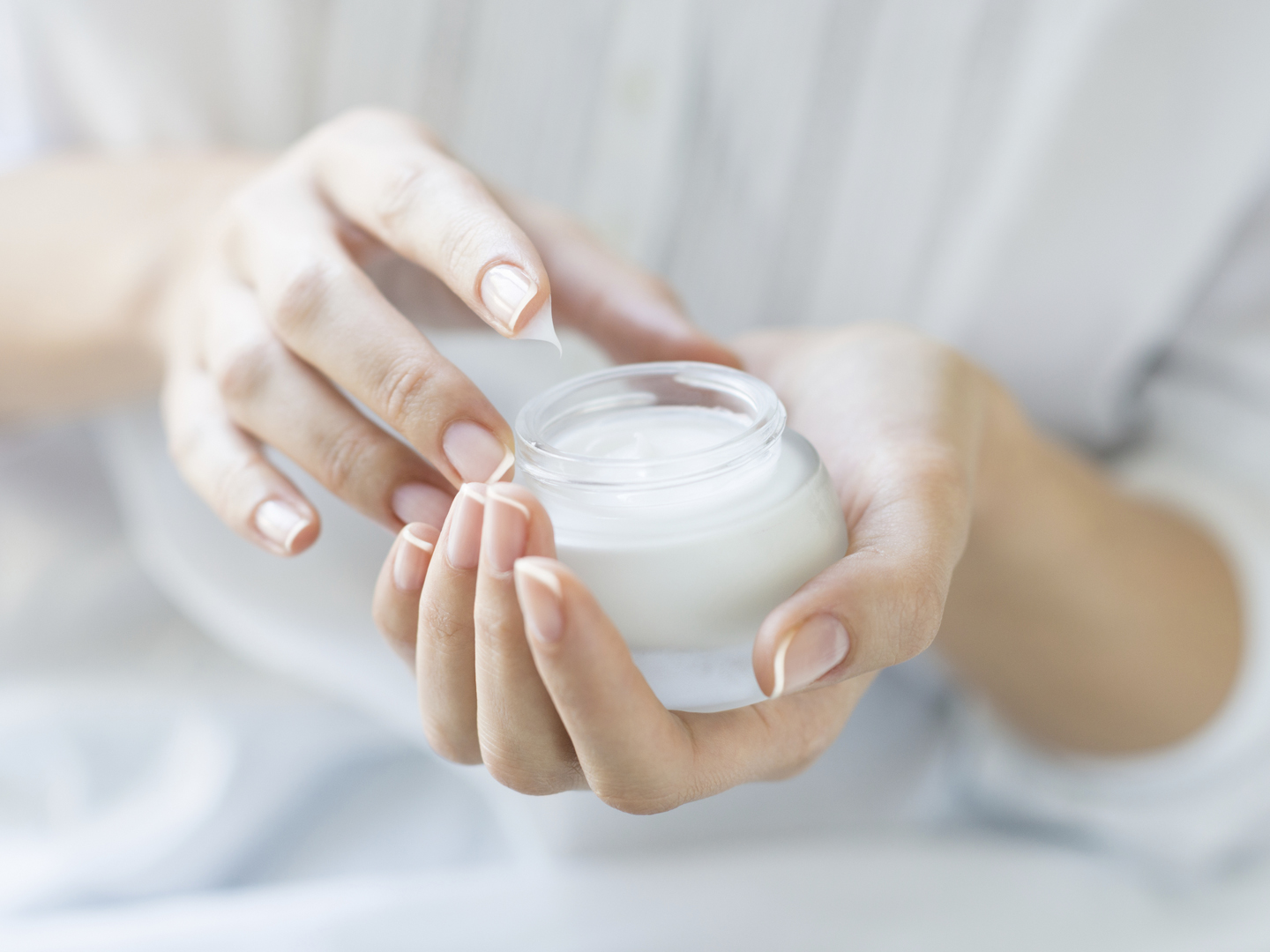Had Enough Wild Yams?
I have been using wild yam cream for the past 12 years. Should I ever stop using it?
Andrew Weil, M.D. | June 3, 2003

Wild yams (Dioscorea) have been promoted as a source of natural progesterone for the relief of menopausal symptoms or a host of other female problems ranging from menstrual cramps to monthly mood swings. Claims for the effectiveness of wild yam cream are based on the fact that wild yams contain a precursor of steroid hormones called diosgenin. However, diosgenin itself has no hormonal activity and can’t be converted in the human body into anything that does.
Many women prefer natural progesterone products to synthetic progesterone (progestins) typically prescribed as part of hormone replacement therapy (HRT). You don’t need progesterone if you’ve had a hysterectomy and no longer have a uterus. If you do have a uterus, replacing estrogen alone can overstimulate the uterine lining, raising the risk of endometrial cancer. Adding progesterone protects the uterus.
If you have been using wild yam cream in the belief that it is supplying enough progesterone to offset the effects of estrogen replacement on the uterus, I’m afraid that you haven’t been getting the protection you need. In fact, I’m not satisfied that studies have established the efficacy or long-term safety of any of the natural progesterone creams used to protect the uterus from estrogen replacement. Most of the over-the-counter brands contain too little of the hormone, if they contain any at all. I recommend oral micronized progesterone, a prescription form of natural progesterone available in capsules (under the brand name Prometrium) or progesterone from a “compounding pharmacy” that customizes formulas according to your doctor’s instructions.
If you have been using wild yam cream and estrogen replacement for 12 years, I would recommend taking a break from the estrogen and giving up the wild yam cream. Talk to your physician about your need for osteoporosis prevention. If you have hot flashes or other menopausal discomforts, try black cohosh (Cimifiuga racemosa); I would recommend the standardized product called Remifemin plus 800 IUs of natural vitamin E (or 80mg as mixed tocopherols and tocotrienols) daily. Two to three daily servings of whole soy foods (tofu, tempeh, edamame, and soy milk) will give you some safe plant estrogens (isoflavones) that may help relieve symptoms.
Dr. Andrew Weil










